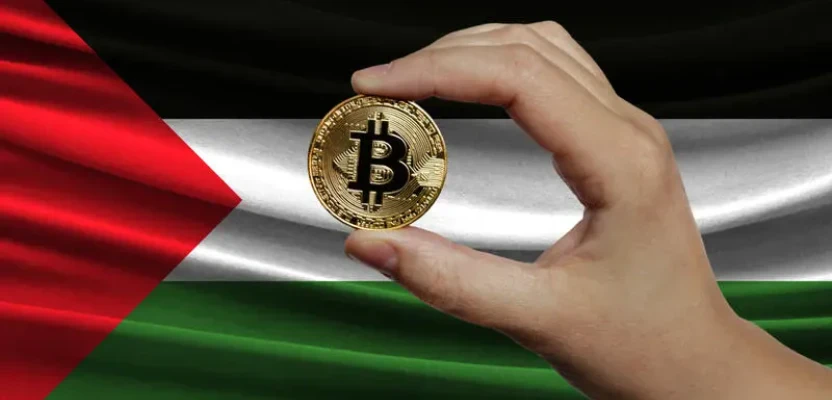
Introduction
The emergence of cryptocurrencies has revolutionized financial transactions globally. Their decentralized nature and ease of transfer have made them a tool not just for regular commerce but also in less conventional scenarios. One such scenario is their use in conflict zones like Gaza. This article delves into how cryptocurrencies are impacting the prolonged conflict in Gaza, analyzing their role in funding, international implications, and the ethical considerations involved.
The Gaza Context
Gaza, a territory embroiled in a long-standing conflict, presents a unique case for the use of cryptocurrencies. The region's political instability and economic sanctions have limited access to conventional banking, making digital currencies an attractive alternative for financial transactions.
Cryptocurrencies in Funding Conflict
In conflict zones, the primary concern with cryptocurrencies is their potential use in funding military operations or terrorism. The anonymity and borderless nature of these currencies allow for the discreet transfer of funds across borders, potentially prolonging conflicts. In Gaza, there are indications that various groups might be using cryptocurrencies to bypass international sanctions and fund their activities.
Advantages Over Traditional Funding Methods
Cryptocurrencies offer several advantages over traditional funding methods in conflict zones. They can be transferred quickly and without the need for a banking infrastructure, which is often compromised in war-torn areas. Furthermore, the difficulty in tracing these transactions makes them a preferred choice for groups wishing to operate under the radar of international law enforcement.
International Implications
The use of cryptocurrencies in Gaza's conflict has significant international implications. It challenges global financial systems and raises questions about the effectiveness of international sanctions. Countries and international bodies are increasingly concerned about how digital currencies could be empowering non-state actors in conflict zones.
Challenges in Regulation
Regulating the use of cryptocurrencies in conflict settings like Gaza is challenging. The decentralized nature of these currencies makes it hard for governments and international organizations to monitor and control their flow. Additionally, the fast-evolving nature of cryptocurrency technology often outpaces regulatory frameworks.

Ethical Considerations
The ethical implications of cryptocurrency use in conflict areas are profound. While they offer a lifeline for civilians in war-torn regions to access goods and services, their potential misuse for funding conflict raises moral questions. The dilemma lies in balancing the need for financial inclusivity with the risk of exacerbating violence.
Case Studies and Reports
Several case studies and reports indicate the use of cryptocurrencies in Gaza. These reports often highlight the transfer of funds to groups involved in the conflict, though concrete evidence can be elusive due to the anonymous nature of these transactions.
Future Outlook
The future of cryptocurrency use in conflict zones like Gaza is uncertain. As technology advances, so do the methods to track and regulate digital currencies. However, the cat-and-mouse game between regulatory authorities and those who wish to use cryptocurrencies for nefarious purposes is likely to continue.
Conclusion
Cryptocurrencies, with their unique features, have found a place in the complex tapestry of the Gaza conflict. They extend beyond mere financial tools, intertwining with geopolitical issues, and raising ethical dilemmas. The ongoing situation in Gaza highlights the need for a nuanced understanding of cryptocurrencies' role in modern conflicts and a balanced approach in addressing their challenges and opportunities.



Comments 0